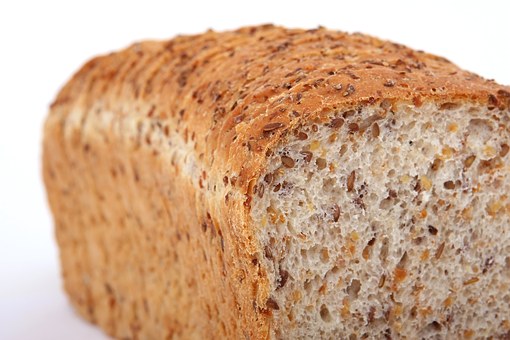Imagine a trash collector paying you for the privilege of hauling away the junk.
Not happening. But that’s what our gut microbes do: they digest the stuff we can’t—fiber—and then create short-chain fatty acids (SCFAs) which are absolute manna for our metabolic health.
Note: Counterintuitively, SCFAs are handled differently than fatty acids with long carbon chains, thus removing the fat connotation from “fatty acid.”
How SCFAs— including acetate, propionate and butyrate—do “good” is theorized to be through:
- Secretion of hormones, specifically one called PYY which promotes satiety and fat oxidation.
- Travel into general circulation and changing adipose tissue and other remote functions
Evidence does show these outcomes, at least when high-fat diet-fed rodents are given oral doses of SCFAs: weight gain was prevented and insulin sensitivity improved.
Could colonic doses in humans replicate this great news?
Researchers in the Netherlands designed an experiment to address that question.
The trial:
- 12 men in the 25-35 BMI range (overweight to obese) with normal blood sugars
- 4 days under investigation
- 8 infusions of SCFA mixtures high in either acetate, propionate, butyrate or placebo were rectally administered during fasting and postprandial conditions (oral glucose load). These mixtures could plausibly be produced by a fiber-rich diet in the lumen of the distal gut.
- Before and for two hours after colonic infusions, indirect calorimetry was performed and blood samples were collected.
Results:
- All three SCFA mixtures increased fasting fat oxidation.
- Resting energy expenditure increased after acetate and propionate as opposed to placebo dose.
- Fasting and postprandial plasma glucose concentrations did not differ between treatments.
- All three SCFA mixtures increased fasting and postprandial plasma peptide YY (PYY) concentrations, and reduced fasting free glycerol concentrations versus placebo.
For an in-depth look at the study read Colonic infusions of short-chain fatty acid mixtures promote energy metabolism in overweight/obese men: a randomized crossover trial by Emanuel E. Canfora and colleagues was published on Nature.com in May, 2017.
How to get more of these SFCAs?
Eat lots of plants and grain fibers and limit meat and dairy and of course processed foods. Other factors will affect the SCFAs produced: type of carbohydrate, microbial species, diversity and abundance of host’s gut microbiota as well as transit time.
“Human intervention studies are warranted to investigate whether these effects translate into long-term benefits for body weight control and insulin sensitivity in the obese insulin resistant state.”

